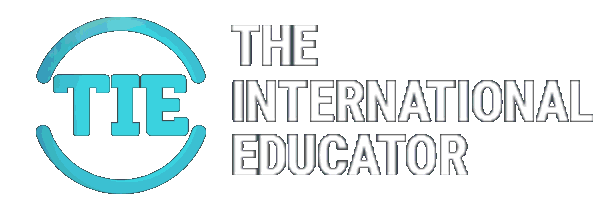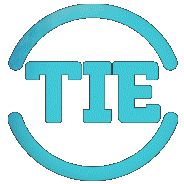By Kim Marshall
08-Jun-21
08-Jun-21
| Principals know they’re not seeing everything, but because there’s never enough time, they act as if they’re omniscient. “The key challenge for school leaders,” says Rodberg, “is to know that our information is limited and to ask… What am I missing?” ..more |
By Kim Marshall
25-May-21
25-May-21
| Research shows that the process of critiquing their peers’ essays helped students notice and correct problems in their own writing. By receiving and providing high-level feedback targeting similar problems, students are motivated to perform better. ..more |
By Kim Marshall
11-May-21
11-May-21
| Many school leaders turn away from conflict and never realize its potential for promoting growth rather than disorder. When they don’t step up, problems fester unresolved, including mediocre and ineffective teaching, racial microaggressions, and systemic inequities. ..more |
By Kim Marshall
13-Apr-21
13-Apr-21
| Including students in shaping what will be assessed by co-constructing success criteria has proven an effective way to improve student writing, according to Jennifer Gonzalez. “It’s essentially backward planning with students for success.” ..more |
By Kim Marshall
30-Mar-21
30-Mar-21
| Misinformation is difficult to fight once it’s out in the digital wild. The authors of an article in Behavioral Scientist summarized here suggest a novel approach for preventing the spread of misinformation: prebunking. ..more |
By Kim Marshall
15-Mar-21
15-Mar-21
| In this article summarized by Kim Marshall, the authors report on their study of students who don’t raise their hands during whole-class discussions. The way teachers orchestrate class discussions, as well as student-to-student dynamics, can influence patterns of participation. ..more |
By Kim Marshall
03-Mar-21
03-Mar-21
| Teaching with some students in the classroom and some remote is “the most challenging teaching assignment I can imagine," according to Caitlin Tucker. The answer, she says, is designing lessons that allow the teacher to focus on one set of students at a time. ..more |
By Kim Marshall, TIE columnist
16-Feb-21
16-Feb-21
| Being a curricular gatekeeper is especially challenging in the current era. In this article, Wayne Journell insists that teachers have always had a responsibility “to turn classrooms into spaces where reason and inquiry trump ignorance and hyperbole." ..more |
By Kim Marshall
02-Feb-21
02-Feb-21
| Wiggins has found that a three-level feedback system Publishable/Revisable/Redo encourages students to work hard on revising their writing assignments and making significant improvements, without requiring extensive grading or commenting on her part. ..more |
By Kim Marshall
19-Jan-21
19-Jan-21
| In this article in Mathematics Teacher summarized by Kim Marshall, Emily Bonner suggests five “cornerstones” of culturally responsive mathematics teaching: knowledge, communication, relationships and trust, reflection and revision, and power. ..more |
By Kim Marshall, TIE columnist
06-Jan-21
06-Jan-21
| “It’s looking as though all schools should be able to open fully in the fall,” says Jal Mehta of the Harvard Graduate School of Education. “The pandemic is giving us an opportunity to make a pivot that we should have made long ago.” Here are some thoughts on how we might do it. ..more |



